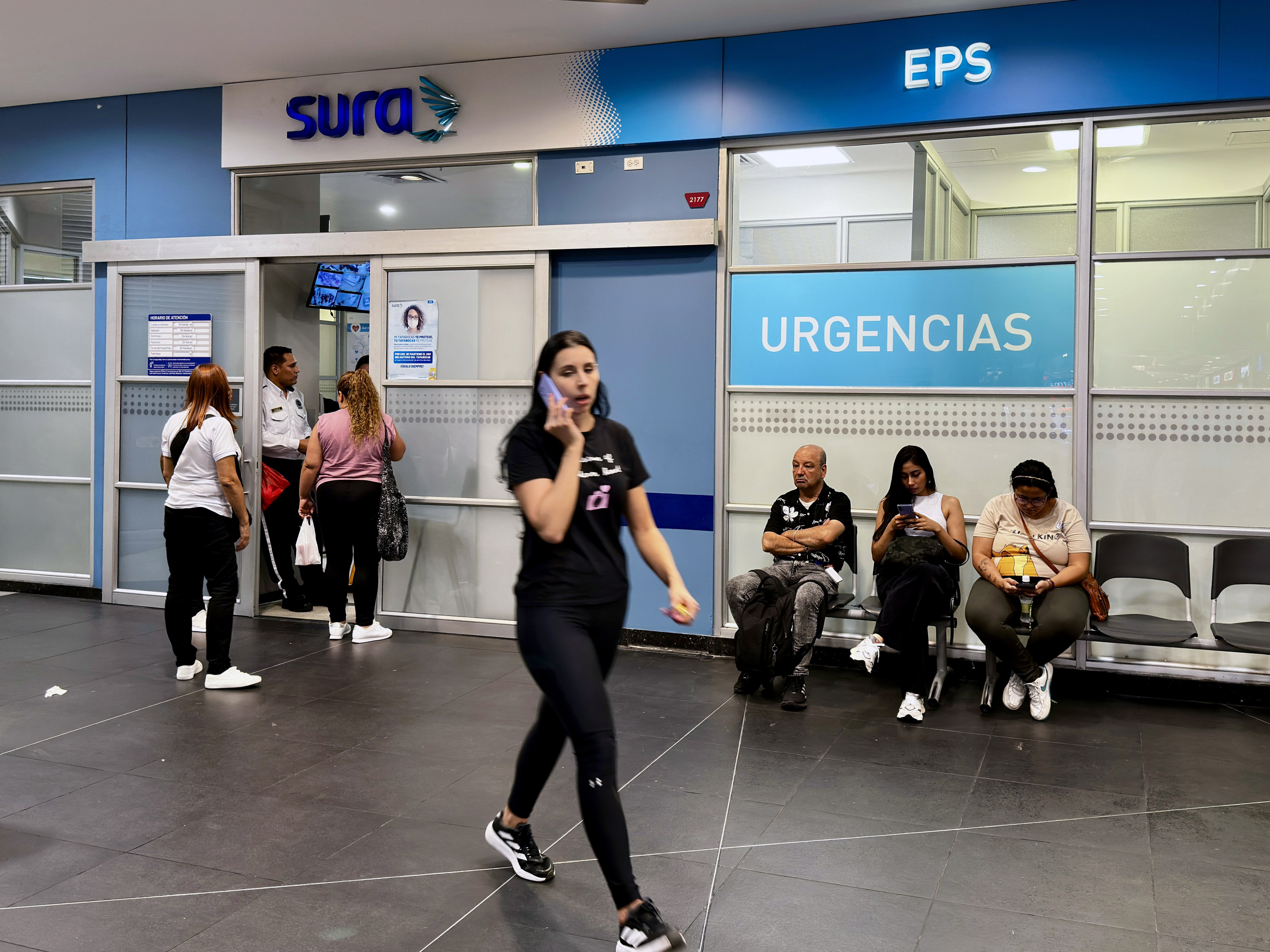The decree of the Ministry of Health, which will implement part of the reform, does not eliminate the EPS, but it does make changes to their operation.

The issuance of Decree 0858 of July 30, 2025, by the Ministry of Health has revived a key debate in the discussion on health system reform in Colombia: can the government modify the role of the EPS (Health Promoting Entities) without passing a law? Although the decree establishes a new model of care based on prevention, territorialization, and coordination among local actors, it does not eliminate the EPS, but it does redefine part of their role. This has generated confusion about whether it is legally possible to transform these entities through a decree.

EPSs cannot be eliminated or transformed by decree. Photo: Istock
The answer is clear: the legal nature of EPSs cannot be changed without a law approved by the Congress of the Republic. EPSs exist because they are established within the legal framework of the Colombian health system, specifically Law 100 of 1993, which created the General Health Social Security System. This law assigned them a role as insurers: they are responsible for enrolling citizens, managing the system's resources, and ensuring that people have access to health services. Dismantling or transforming this status requires a statutory law or substantial legal reform, which can only be passed by Congress.
What can the Government do by decree? What the government can do, through its regulatory authority, is define how the EPSs should operate within the framework of the law. In other words, it cannot change their essence or eliminate them, but it can regulate operational details: for example, how they should be linked to regional networks, how to guarantee health care in rural areas, or how to coordinate with primary care teams. All of this is permitted by Article 189 of the Constitution, which empowers the President to regulate the operation of laws.
This is precisely what is happening with Decree 0858. Although it does not eliminate the EPSs, it does assign them new obligations within the Preventive, Predictive, and Resolute Health Model: they must participate in the Comprehensive and Integrated Territorial Health Networks (RIITS), collaborate with territorial entities in community care, and work as a team with other system actors. They will no longer be the sole coordinators of care, but rather agents of insurance subordinated to a territorial, preventive, and coordinated approach.

The government can't dismantle the EPSs by decree, although it is changing how they operate. Photo: Jaiver Nieto Álvarez / El Tiempo
The difference between modifying functions by decree and transforming their nature by law is fundamental in a state governed by the rule of law. If the government were to attempt to eliminate the EPS or replace them with a new entity without going through Congress, the Constitutional Court could declare such an act unconstitutional for violating the separation of powers.
Furthermore, Colombia has a statutory health law (Law 1751 of 2015) that strengthens the protection of the fundamental right to health. Any profound modification to the model must be made within the limits established by this law. Decree 0858 is based on this law and the National Development Plan, which provides it with regulatory support, but does not allow it to go beyond what Congress has already approved.
Environment and Health Journalist
eltiempo





